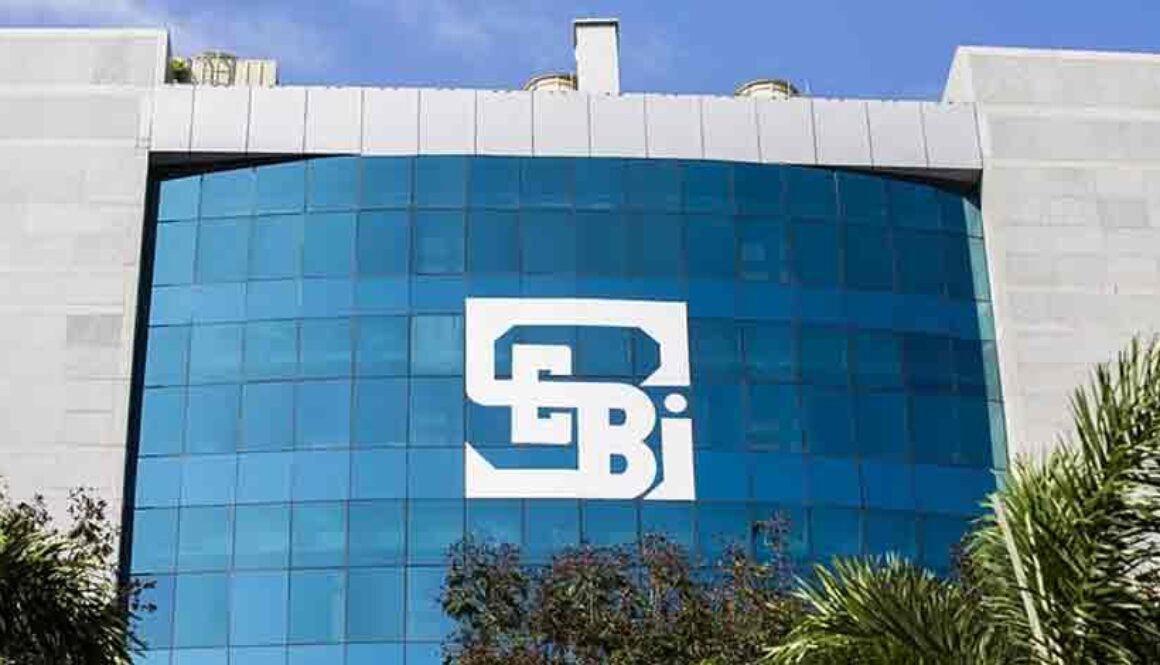Borrowing Restrictions On Large Corporations Eased By Sebi
The Securities and Exchange Board of India (Sebi) increased the amount needed to qualify as a large corporation (LC) while also relaxing the requirements where the latter must raise 25 per cent of any further borrowings through debt instruments.
The Board agreed to the proposal to give LCs flexibility in the framework so they can achieve their debt market funding needs. In light of the rising cost of borrowing, Sebi created a flexible structure for large corporations seeking to raise money.
The Board also resolved to keep the condition that compliance with the framework shall be met over a continuous block of three years in order to encourage ease of compliance and ease of doing business. The requirement that LCs file a statement identifying themselves as LCs and a statement regarding conformity with the framework will also no longer apply.
The board has approved amendments to various regulations, including the Investor Protection and Education Fund (IPEF) Regulations, Listing Obligations and Disclosure Requirements (LODR) Regulations, Real Estate Investment Trusts (REIT) Regulations, and Infrastructure Investment Trusts (InvIT) Regulations. These changes aim to establish a consistent and simplified process for claiming unclaimed amounts, making it easier and more convenient for investors. In addition, the amendments are designed to enhance the efficiency of crediting unclaimed amounts and facilitate their claims.
The statement emphasised that investors can now directly contact the debt-listed entity, REIT, or InvIT to reclaim their unclaimed funds. This approach aims to minimise delays for investors during the claims process and establish a clear legal framework for segregating investor unclaimed amounts within the IPEF. This framework will facilitate the utilisation and handling of these amounts in accordance with the guidelines set by the Board.
“Based on representations received from various stakeholders and in view of the emerging landscape of the domain of investment advice, it has been decided to allow time up to 30 September 2025 to comply with these requirements,” said Sebi.

